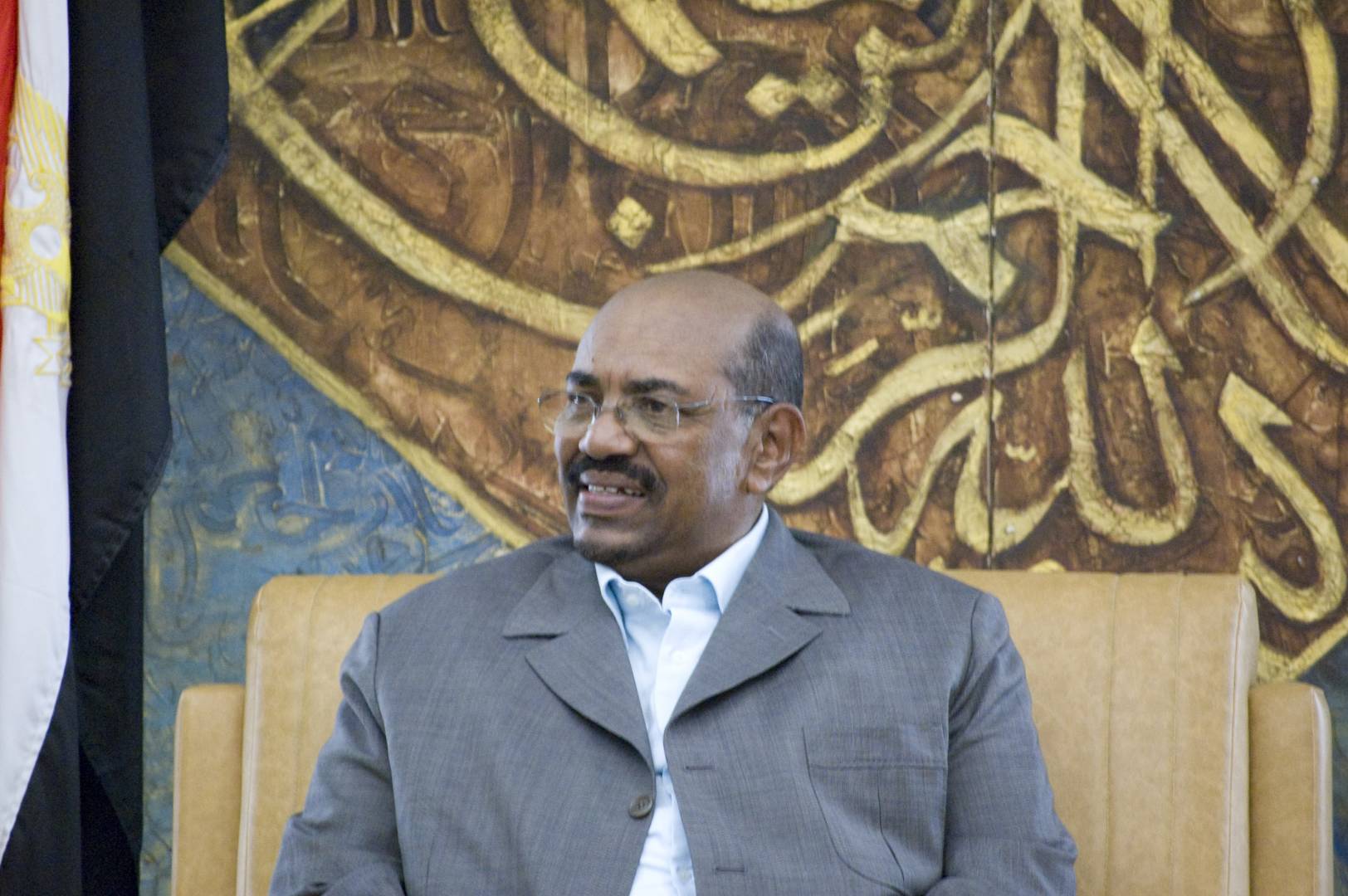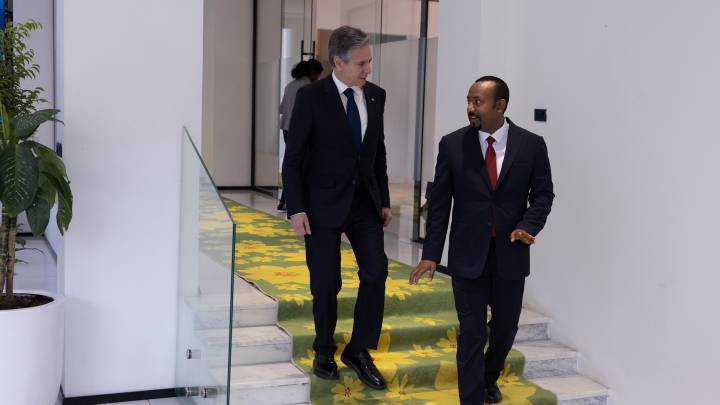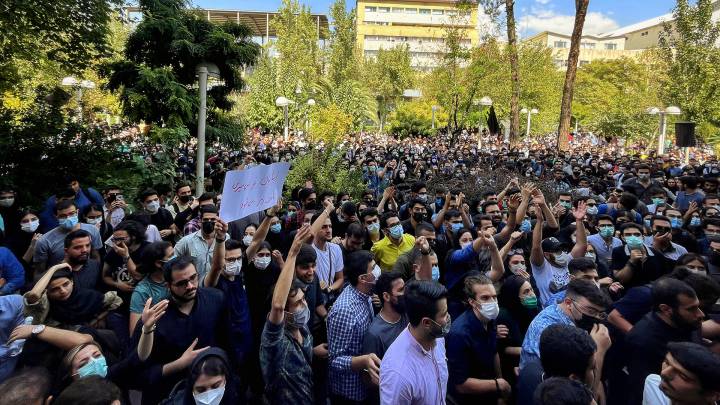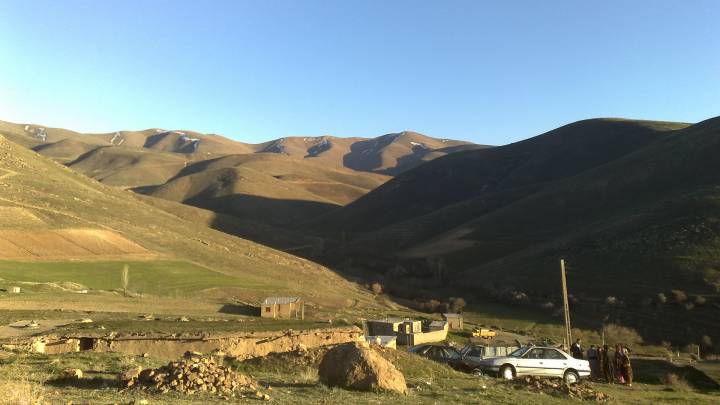As a protest-wave is shaking up Khartoum, the Sudanese journalist Magdi el-Gizouli explains the background of the riots and argues that a violent crack-down won't save the regime.
Protesters in Sudan have kept the security apparatus of the government of President Omar al-Bashir on high alert since 19 December last year. The sweeping protests are arguably the widest wave of popular discontent that the regime of the 75-year-old president has faced since it clinched power in a military coup back in 1989. And indeed the current protest wave is shaking the regimes very foundations. The government is at pains to deliver a response beyond a violent crackdown that has so far claimed the lives of over thirty people.
In the capital Khartoum, regular calls for mass protests were issued by the Sudanese Professionals’ Association, a recently launched umbrella organization of independent trade unions, mostly of middle-class composition (doctors, engineers, pharmacists, and university lecturers). So far, this body appears to be at the helm of political events. Its leadership, however, remains elusive.
In the absence of a recognizable face to blame the government invented its enemy as it were. The security services rounded up students of Darfuri origin in the capital Khartoum and other towns on accusations of involvement in a much-publicized alleged sabotage plot orchestrated by the Israeli Mossad and carried out by members of the Darfur rebel group led by Abd al-Wahid Mohamed Nur, currently a political refugee based in France.
At the time of writing, allies of the ruling National Congress Party (NCP) announced their mass withdrawal from the government and called for the transfer of power to a transitional government. While the credibility of these fallible allies is questionable, their rather opportunistic behavior is symptomatic of the Bashir-fatigue in the ruling establishment at large.
A military officer by training, President Al-Bashir had proven over the years to be a smooth political operator of an unabashed Machiavellian blend. Through the course of his almost thirty years in power, he managed to swap allies at will, co-opt adversaries in succession, ditch liabilities when necessary and navigate between regional power blocs to preserve his authority. A protest against a rise in bread prices in the dusty town of Atbara, roughly 350 kilometers down the Nile from Khartoum, set off the spark of the unabating series of demonstrations that threaten to unseat him, today.
True to expectations, Egypt’s strongman President Sisi rushed his spy chief and foreign minister to Khartoum to declare his country’s support for the sisterly autocracy in Khartoum. A rekindling of the Arab Spring is obviously anathema to a man whose main achievement is the crushing of its aspirations.
Qatar’s ruler Tamim bin Hamad Al Thani, who would otherwise be expected to contravene his Cairene counterpart, went further promising President Bashir prompt financial assistance. The paradox speaks to Sudan’s geopolitical particularity, a military regime in the style of Arab autocracies but with origins in the Islamic Movement, Sudan’s rendition of the Muslim Brotherhood. President Bashir has been adept at harvesting this ambiguity. A few months ago he received President Erdogan of Turkey as a fellow ruler of an Islamic bend and a few weeks ago he was the first Arab president to visit Syria’s Bashar al-Assad in Damascus since the eruption of the Syrian war.
For around ten fat years, oil pumped out of what is now South Sudan with mostly Chinese technology and knowhow. This allowed President Bashir to consolidate his power and satisfy the demands of a broad patronage network with an elaborate pecking order.
Power, money and a chauvinist racist ideology premised on the superiority of people from Sudan’s riverine heartland over its distant war zones in Darfur, South Kordofan, and the Blue Nile largely displaced Islamism as state ideology. A systemically corrupt state machinery guarded and managed by an ever-expanding military-security establishment sustained President Bashir in power.
‘Sudan’s economy has been in a status of free fall since the independence of South Sudan in 2011. With the loss of oil revenues from South Sudan the patronage networks necessary to nourish and preserve political loyalties began to fray.’
Sudan’s economy has been in a status of free fall since the independence of South Sudan in 2011. With the loss of oil revenues from South Sudan, the patronage networks necessary to nourish and preserve political loyalties began to fray. The value of the national currency plummeted and inflation spiraled out of control. The government’s response was the imposition of austerity measures. Fuel and bread subsidies were slashed and health care and education were almost wholly commodified. The burden of austerity was shouldered by lower income classes while its benefits became the preserve of a self-enriching ruling clique and their associates.
President Bashir received a loud warning sign in September 2013, when the government imposed its first round of austerity measures after the independence of South Sudan. Riots rocked the capital Khartoum for several days before the security forces could stifle the protests claiming the lives of hundreds in the process. The shock and awe approach and the scenes of bloodshed in the capital dealt a grave blow to President Bashir’s legitimacy even among his own constituency, conservative patriarchal figures from the country’s riverine heartland.
President Bashir and his ruling party embarked on a lengthy game of political acrobatics to reconstitute their support base. A long and stage-managed ‘national-dialogue’ concluded with lofty promises of reform and democratization but delivered little beyond lengthy redundant speeches. As he stood to address the nation on the 63rd anniversary of Sudan’s independence on 1 January 2019 protesters across the country raised their voices in unison to demand his downfall.
In essence, President Bashir is already a relic from the past. The demonstrators on the streets are mostly young women and men born and raised under his rule. The future is decisively theirs to claim and he is but a tired bully standing in their way.




